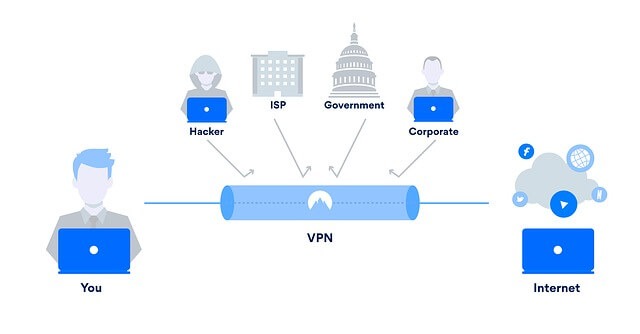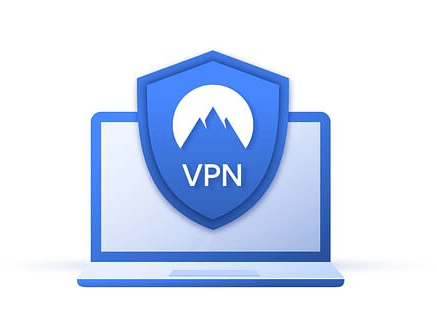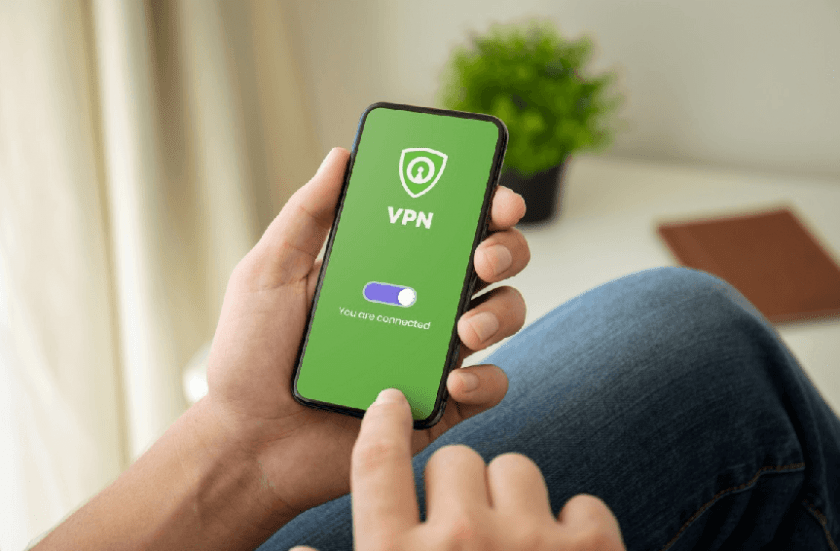With the cases of data breaches becoming rampant and Internet Service Providers (ISP) tracking internet practices, internet privacy has become a rare service. Private browsing features or incognito mode may be able to cover up your browsing history. Still, they won’t completely protect your online activities. That’s why you need a Virtual Private Network (VPN).
A VPN will offer you the much-needed robust protection. To choose the best VPN, check out the PrivacySharks site as it gives you a list of the top VPN companies in the market. We discuss about VPN, including what is a virtual private network, why it is important, and how to choose it. Keep on reading to explore all these.
What is a VPN?
In simple terms, a virtual private network is a service or program that allows web users to access the web privately by connecting to a safe offsite server. This is performed by an encrypted tunnel-like connection that allows web users’ IP addresses to be concealed.

When the user connects to a virtual private network, all the data sent from their devices to the private will be ‘encapsulated.’ This basically means that every packet of data is placed on another packet. Through the VPN connection, the data is encrypted, making it hard to tamper with it.
In the past, VPN was mainly used for business. Still, nowadays, VPN service providers also offer services to consumers due to their incredible benefits.
How does a VPN work?
The mode of operation for a VPN is to create an encrypted connection between the device (computers, tablets, or smartphones) and a server. The encrypted connection is a safe “tunnel” through which the user can access any website while appearing to be in the VPN server location they are connected to. Of course, this gives users a high level of online anonymity, provides them with additional security, and on top of that, it allows them to access everything online without any restrictions.
Without a virtual private network, everything that web users do online can be traced to their physical location and the device they are using through the device’s IP address. Generally, every device connected to the internet has a unique IP address, whether it is the computer, laptop, tablet, or phone. But when users use the VPN, they will be able to hide their true location and the IP address, which will be replaced by the VPN server they are using.
Why should you use a VPN?
Opting for a VPN has several benefits. They include the following:
- VPN allows users to browse the internet without necessarily revealing their IP address as well as their location
- VPN adds additional security by encrypting their internet connection
- VPN prevents users’ internet service provider (ISP), network admins, governments, and third parties, from spying on their online activities.
- It allows users to gain access to content that is restricted to specific geographic locations.
- It protects internet users from hackers and other security threats on public WiFi networks, such as hotels, cafes, and airports.
- VPN protects users’ private information, such as credit card details, bank passwords, photos, videos, and other personal information when online.
- Using a VPN allows internet users to browse the internet with peace of mind.

Are VPNs legal?
VPS are legal to use in the Western world for the purposes of online privacy and security. Businesses are using VPNs daily and that’s not about to change any time soon. However, there are certain countries where VPN use is still restricted. Saudi Arabia and Iran are examples of such countries. But the laws in these countries generally do not prohibit the use of VPN itself; instead, it prohibits using a VPN to bypass the state’s censorship efforts.
Are VPNs safe?
The answer depends on the quality of the VPN you choose. There are low-quality virtual private networks that will not keep you safe and protect you against data leaks on the devices you are using to surf the internet. This is also the case with free VPNS. That’s why it is always advisable to avoid free VPNs. If you want to get the most out of your VPN, consider the paid VPNs. They are of high-quality and will not leak your online activities or IP address.

How to choose a VPN
With so many VPN service providers in the market, it can be quite challenging to know which. But if you are considering using a VPN, then these factors can help you choose the right one.
1. Cost
As mentioned above, there are free VPNs available, but you are advised to avoid them for the reasons mentioned above. With free VPNs, you could end up paying with your personal data. To avoid all that, choose a trustworthy and reliable paid VPN. Different VPN service providers sell VPN at different prices. Just choose the provider whose pricing suits your budget.
2. Location
Virtual private network servers’ physical location is essential if you want to access websites restricted to certain geographical locations. For instance, if you want to access a German-based service, your VPN provider must have their servers installed in Berlin.
3. Capacity
Before you settle on a particular VPN, you need to read through the VPN provider’s terms of service. Most importantly, you need to find out the amount of data available with your selected plan. You can also ask them how many servers they have. If the VPN provider has plenty of servers, that means they can support your internet surfing.
4. Device compatibility
If your devices aren’t compatible with your VPN, the subscription would be of no use. You should know which devices are compatible with the VPN. Nowadays, many people use their smartphones or tablets to browse the internet. So the VPN should be compatible with all these devices.
5. Additional perks
Some VPNs also come with additional features such as spyware or malware protection. Again, these additional perks vary from one provider to another. So be sure to ask the VPN provider for any additional features their VPN has.
loading...
loading...
